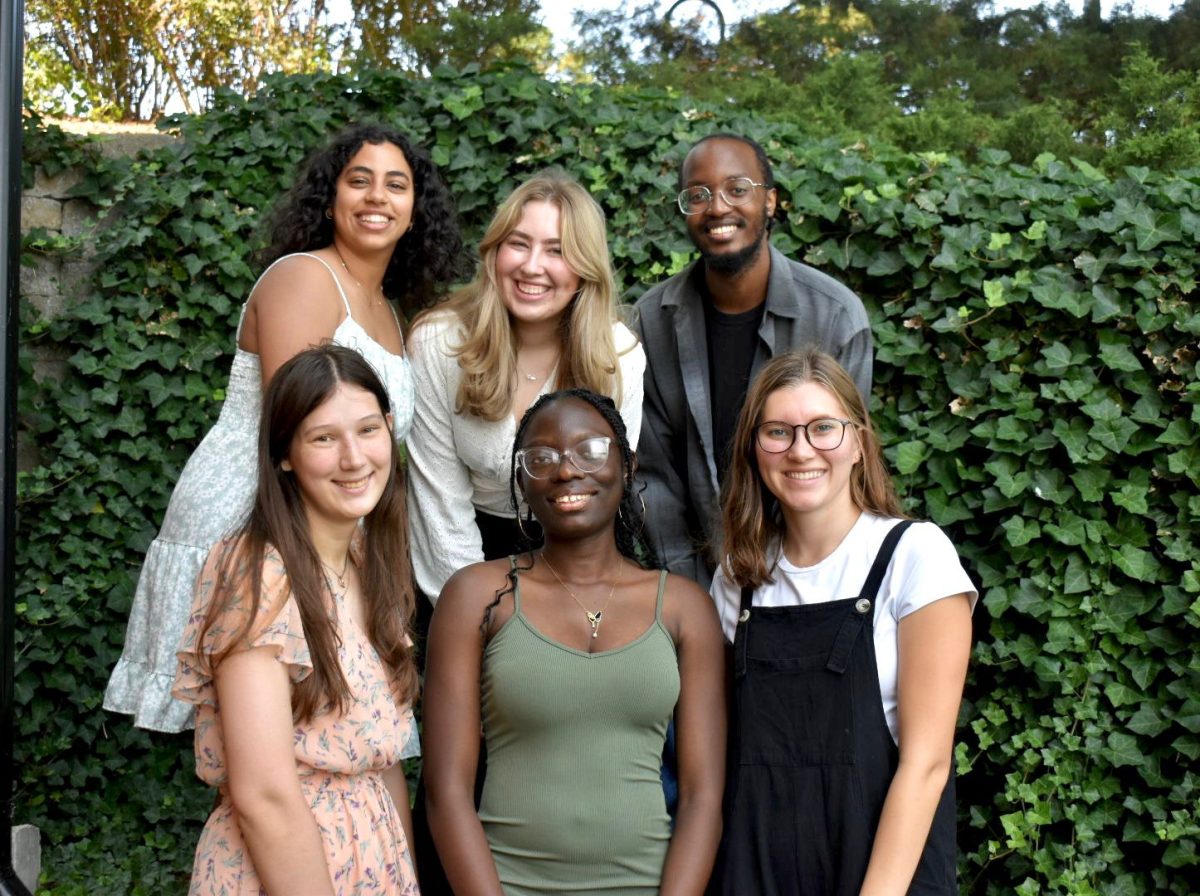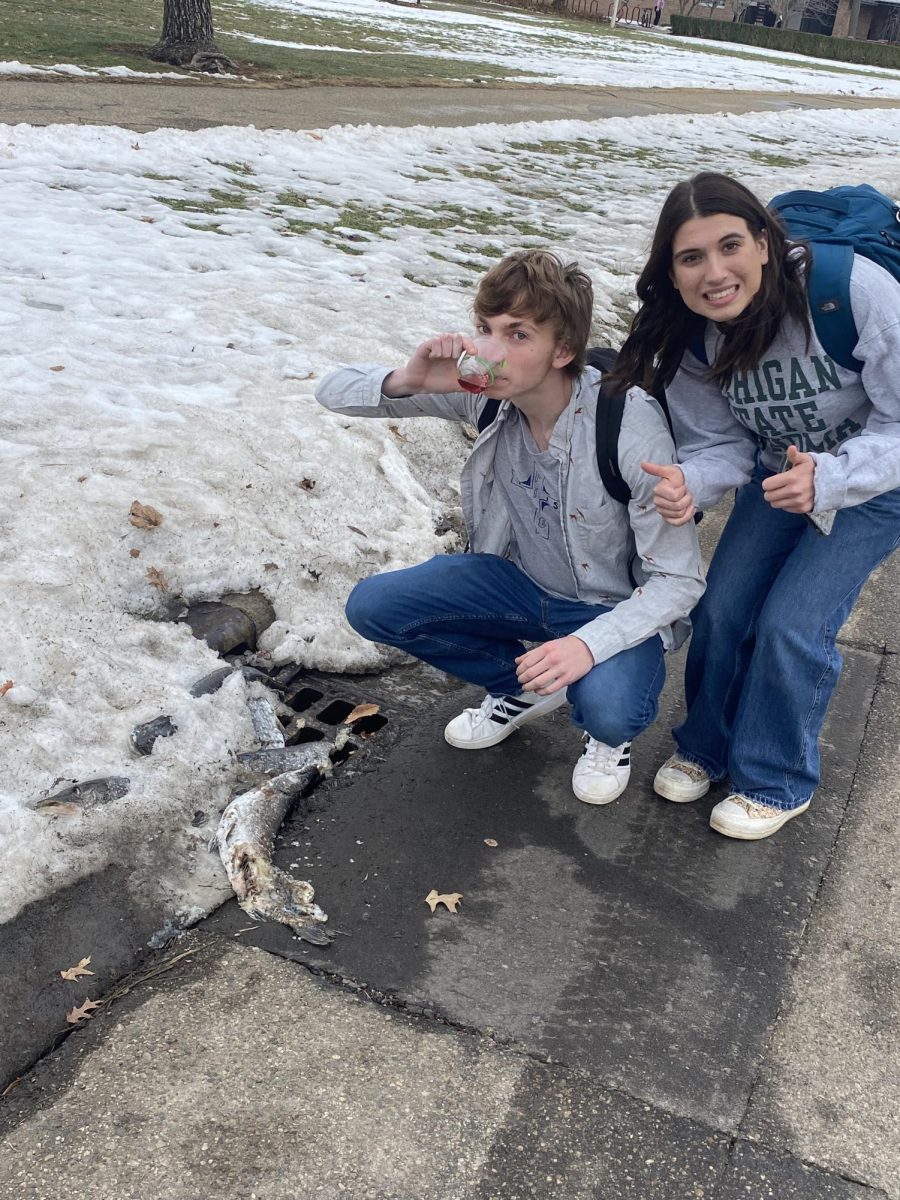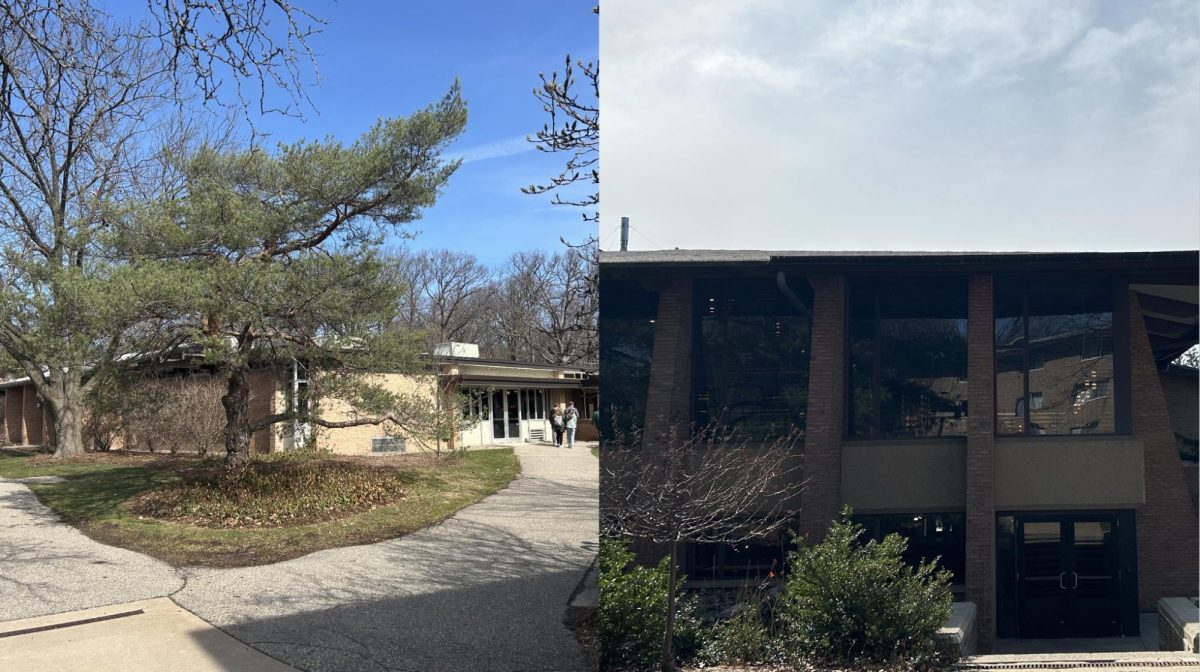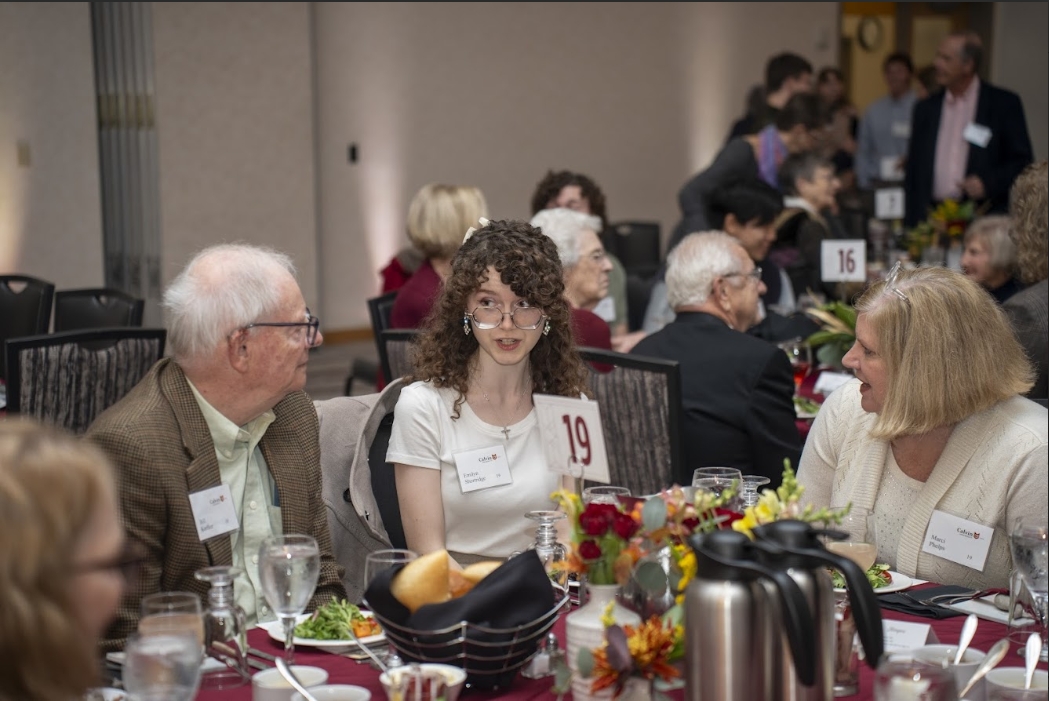For the first time ever, the Sexual Violence Prevention and Education Ambassadors at Calvin (SPEAC) team is hosting a joint event with Calvin Improv called “Party On, Calvin,” a party simulation event that satisfies mandatory bystander training for all incoming students. The event will be held in Johnny’s Cave from 8-9 pm on Wednesday, Oct. 16.
The SPEAC team are the “preliminary line of defense on campus for sexual violence prevention,” according to SPEAC mentor Jen Howell. This group of seven students is funded through a grant from the Office of Violence Against Women, which is part of the U.S. Justice Department. They plan educational events about domestic violence, sexual assault and healthy relationships, and they act as peer advocates for students who have experienced those things. SPEAC also helps facilitate mandatory bystander training for all incoming Calvin students.
Bystander training (or bystander intervention training) teaches students how they can prevent sexual assault, dating violence, harrassment and other unwanted comments by stepping into those situations. It “gives you the options of how to intervene in the situations” and gives students “subtle ways that they can make a difference,” said SPEAC team member Emily Feikema. “Most people would want to intervene but the idea comes a little too late or they just lack the confidence.”
In the past, bystander training has been offered through a Vector Solutions online course called “Every Choice Matters.” The program shows students videos of various scenarios and teaches the 5 D’s: distract, direct, delegate, delay and document.
College campuses across the country use the “Every Choice Matters” modules “so it’s really not specifically relevant to Calvin,” Howell noted. To remedy this disconnect, students now have the option to attend watch parties in their dorms, at which the students follow the online modules with a SPEAC team member present to engage in conversations and provide more Calvin-specific examples.
But now, there’s also the option to attend the “Party On, Calvin” event.
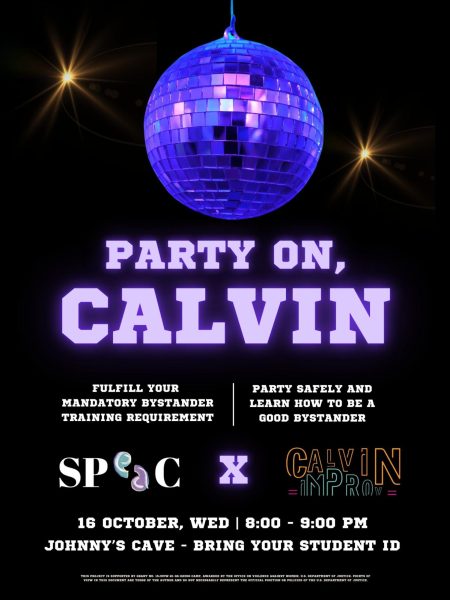
The idea to host a party simulation event came about during the summer of 2023 and was inspired by a similar program at the University of Michigan. The event will be a third option for students to satisfy their bystander training. As SPEAC team member Meral Moawad noted, “we know people are drawn to these types of events—like parties—but what if we teach people and help them go through the training at the same time?”
“Party On, Calvin” will be structured like a party. “We want students to kind of feel like they’re walking into a party situation,” said Howell. There will be red solo cups (with soda), colored lights, music, and a bouncer to check students’ IDs. The SPEAC team will then introduce themselves and provide some training about the 5 D’s.
At this point, four members of Calvin Improv will take the stage. They will act out scenarios that are more Calvin-specific, like a Calvin walk or a stalking situation. “We’re hoping to present them with scenarios that they’re more likely to encounter so they feel more empowered and more confident to intervene in those situations,” says Howell.
Improv team member Jordan VanderKamp hopes that the team will be able to “take a very serious topic and add some whimsy to it in a way that’s still appropriate.” This portion of the event will have a distinct audience interaction component. According to Feikema, students will be able to call out options, give feedback and recommend courses of action in each scenario.
VanderKamp told Chimes that although this collaboration with SPEAC is a little bit out of his comfort zone, he is looking forward to the challenge. “Improv is all about comedy, and now we’re using it to educate and empower people to be able to take action against very serious issues.”
Moawad hopes that the involvement of Calvin Improv will add a new perspective to the scenarios and will enhance students’ takeaways from the event.
Some form of bystander training is required for all incoming students. Even though mandatory trainings can feel tedious, Howell told Chimes most students want to respond empathetically to situations like those in the bystander training. “If [students] see harm being done to another person, I think most people have that urge to stop the harm from happening,” said Howell. Bystander training equips students with the confidence and the options to step in and prevent harmful situations.
Students who have experienced domestic violence, sexual assault, or other forms of abuse can reach out to the Center for Counseling and Wellness at counseling@calvin.edu for confidential support.



